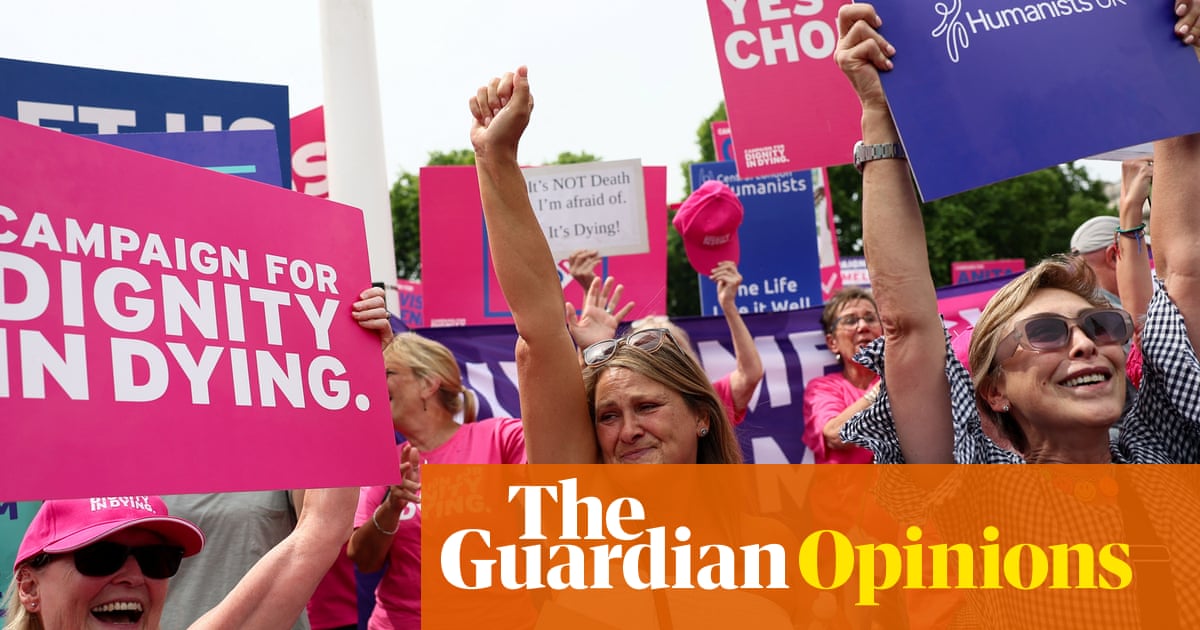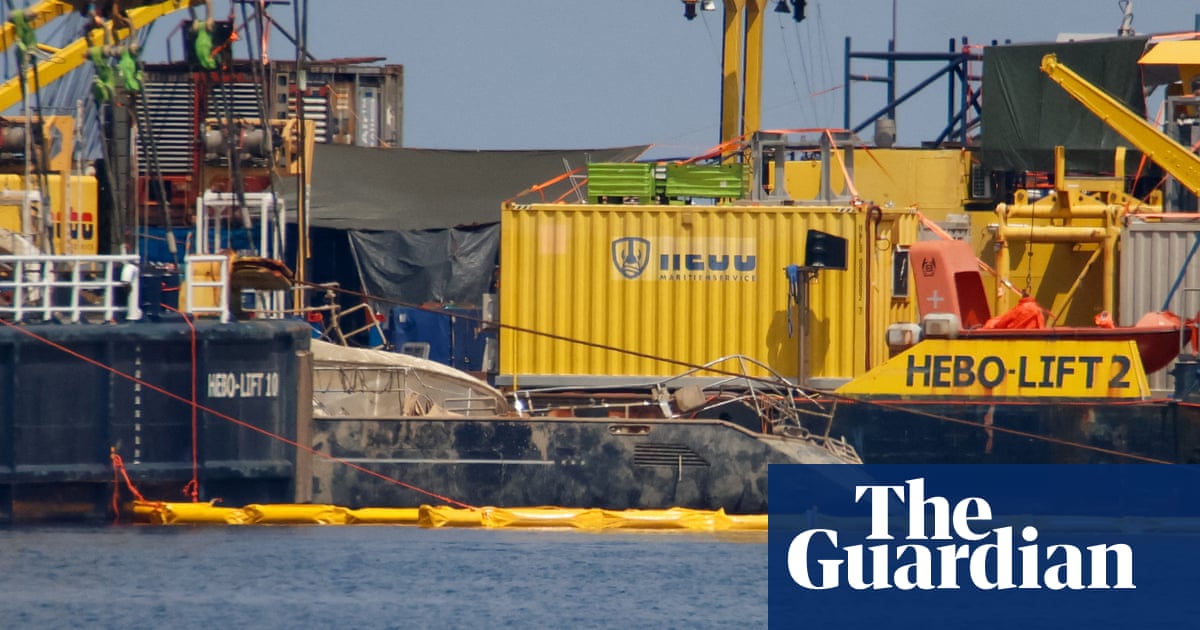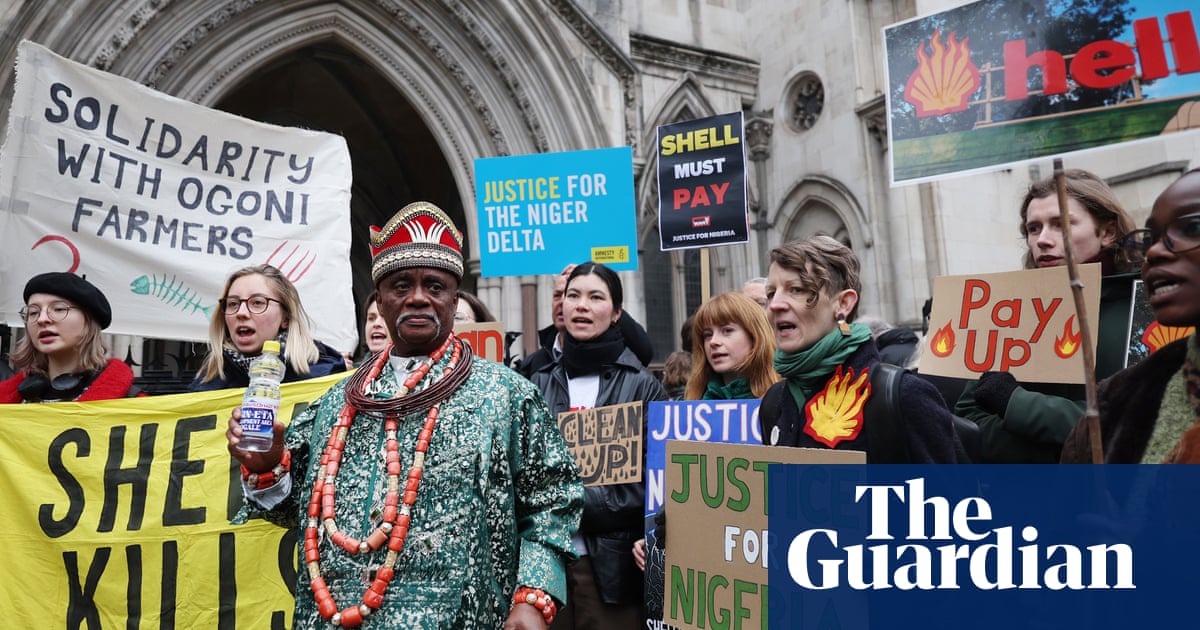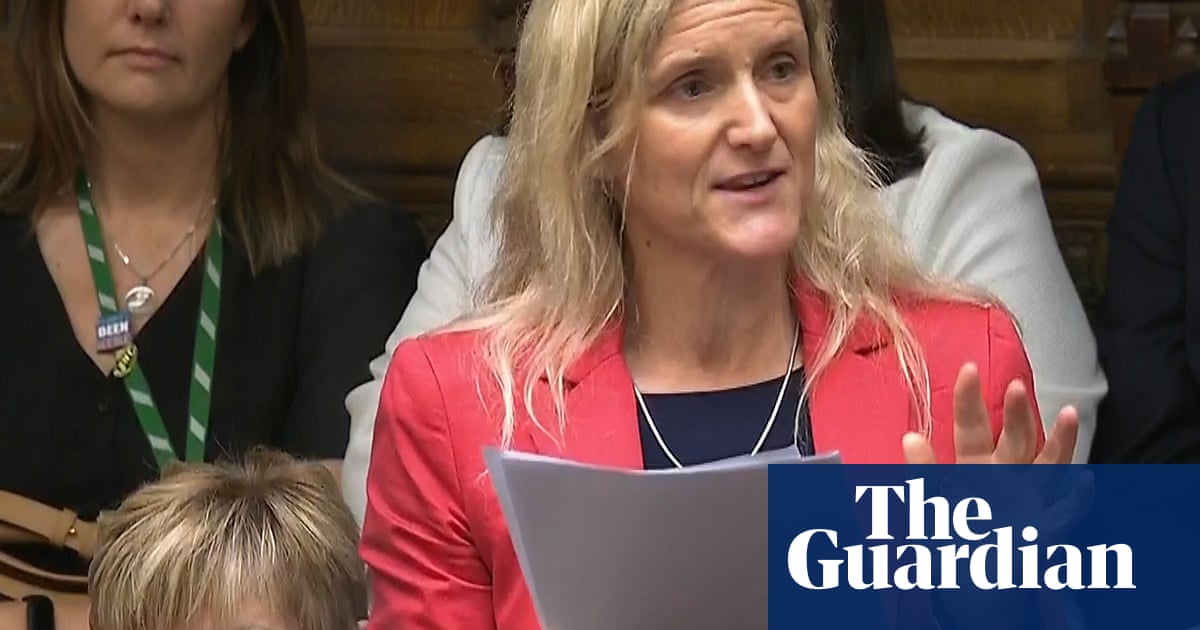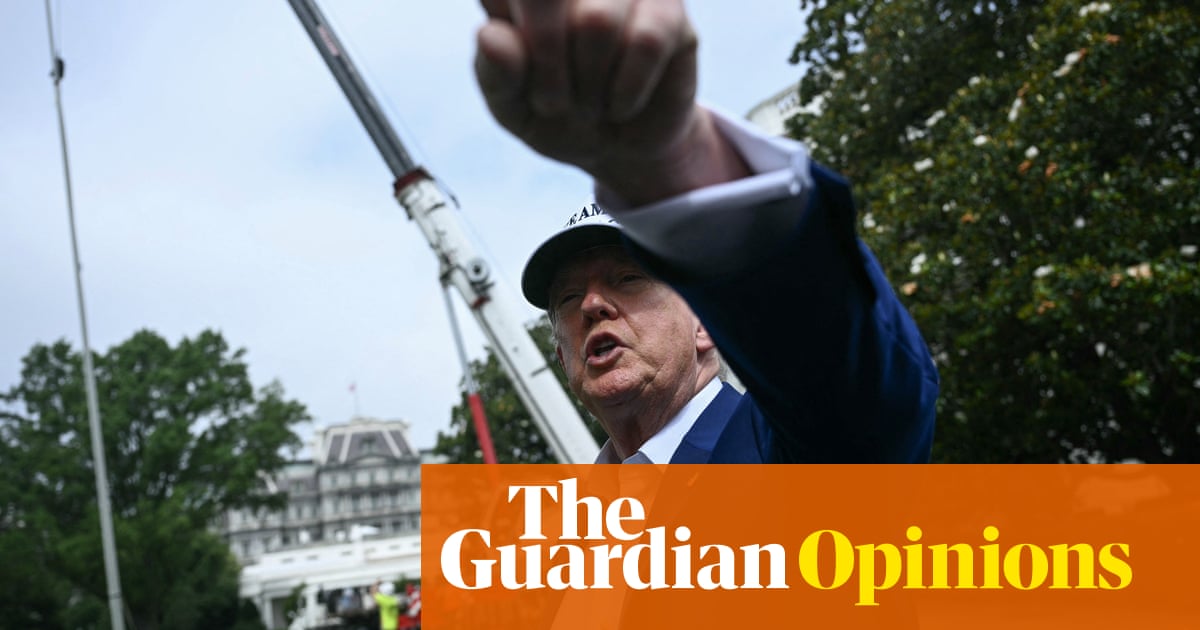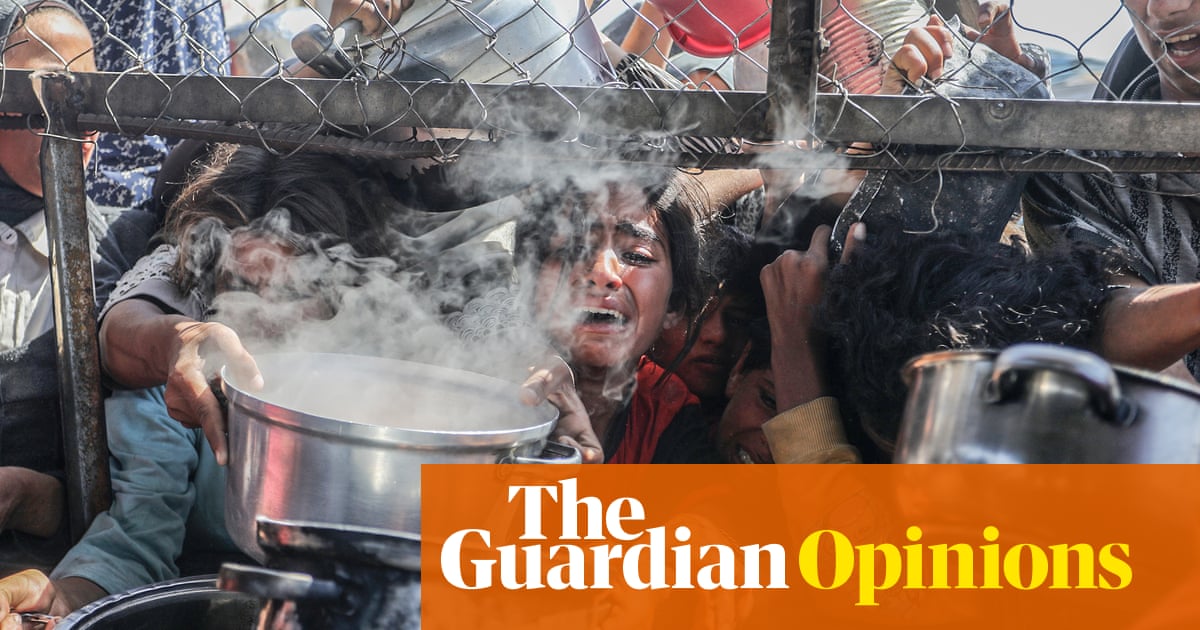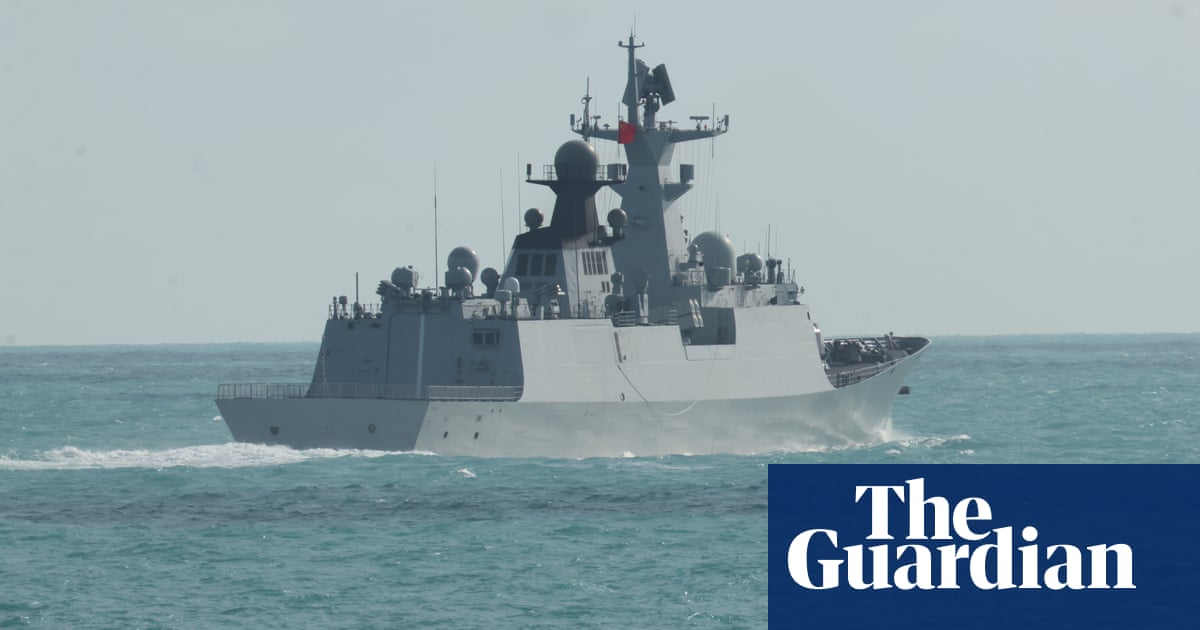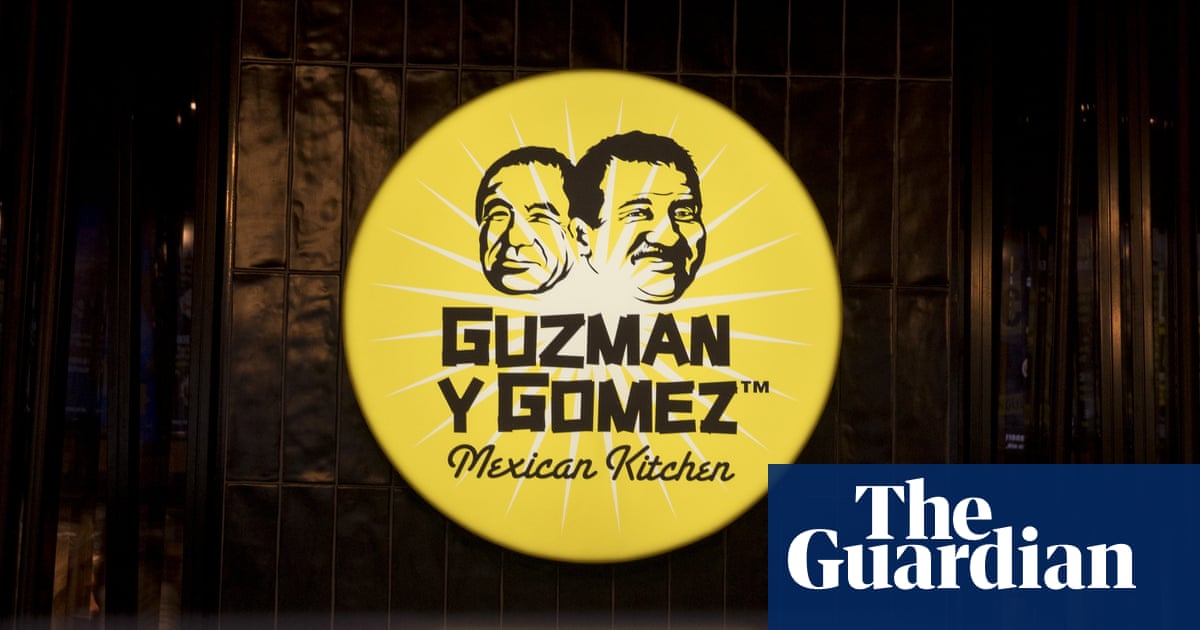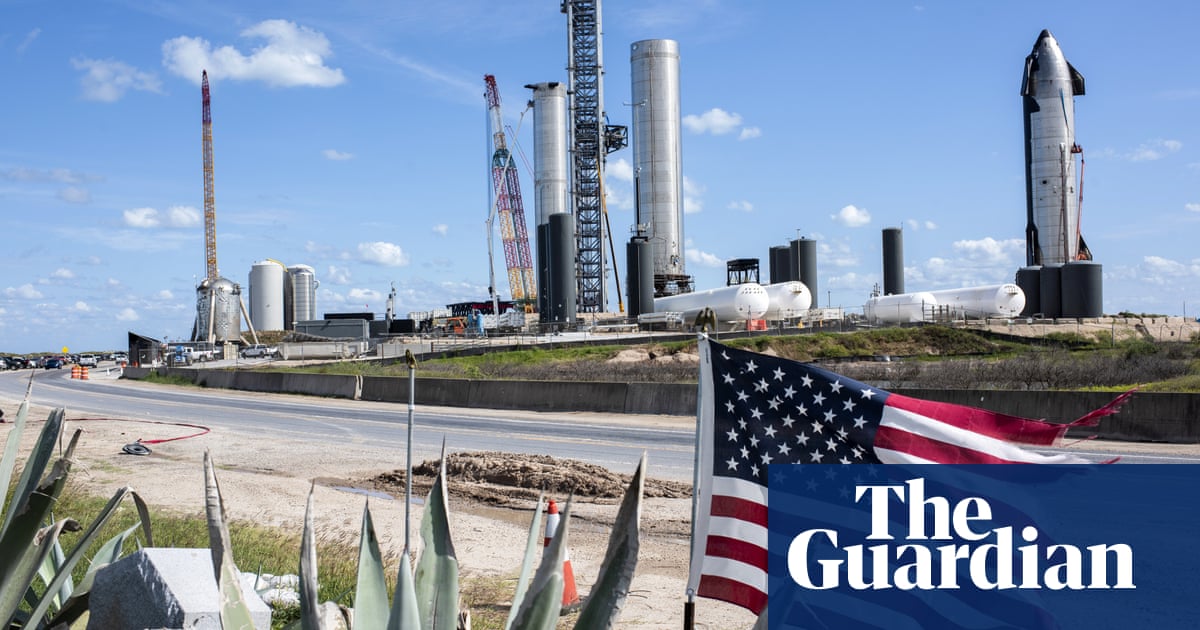Donald Trump’s tariff plan could undermine the Brexit deal between the EU and the UK for trading arrangements in Northern Ireland, a highly sensitive agreement designed to maintain the 1998 peace pact.
As part of the president’s attempt to spur on a “rebirth” of the US, Trump has imposed a two-tier tariff rate on the island of Ireland – with a 20% tax on exports from the republic but a 10% rate on the UK including Northern Ireland.
A former EU commissioner has questioned whether Trump thought through his plan’s effect on the peace process brokered by the US almost 30 years ago.
Although it could put Northern Ireland at an advantage over the Republic of Ireland for exports such as whisky and dairy produce, a political problem could arise if the EU retaliates with like-for-like tariffs of 20% on US imports.
Under the Windsor framework, the EU tariffs will apply in Northern Ireland, creating a manufacturing price difference between Northern Ireland and Great Britain for any important components from the US.
Stephen Kelly, the head of the campaigning group Manufacturing NI, said: “If the UK does not reciprocate or do the same thing as the EU we are at a disadvantage. Companies that buy materials in Belfast from the US will pay more than their counterparts in Bolton.”
Mairead McGuinness, Ireland’s former EU commissioner, told RTÉ: “I’m questioning and wondering if this is well thought through from the US side? The US has always been a friend of the island of Ireland, and peace on this Ireland and stability.
“It certainly causes some difficulties. And rather than jump to a conclusion, I think we will have to look at this very carefully … this was not part of the discussions and thought processes when the Windsor framework was being negotiated. I mean, 10% isn’t good for Northern Ireland either; 20% isn’t good for us. Divisions like this aren’t helpful.”
The US was one of the key brokers of the Good Friday agreement in 1998 and is, by law, a co-guarantor of the peace process.
The role had been held dearly by previous US presidents, including Joe Biden, who visited Belfast in 2023 for the 25th anniversary of the peace accord.
after newsletter promotion
Kelly said the supply chains were “complex” and the level of detailed knowledge needed by officials to deal with a trade war in Northern Ireland had disappeared since Brexit.
“When we were going through all of this in Brexit, issues like customs codes and checks, the government departments had teams of people who understood what all of this meant. But they have all been stood down,” he said.
The separate tariffs on steel and aluminium added to the complexity and cost for businesses in Northern Ireland involved in aircraft-wing and wind-turbine blade manufacturing in Northern Ireland, he said.
There was relief in the pharmaceutical industry in the republic, but the uncertainty over the tariffs on inward investment had led to a 30-50% decline in capital infrastructure spend in the first quarter of the year, Michael Lohan the chief executive of the Industrial Development Agency, the government’s foreign inward investment agency, told RTÉ.

 2 months ago
40
2 months ago
40
